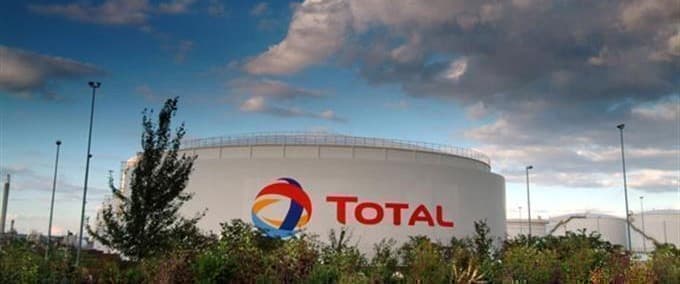Global oil demand will plateau before the end of this decade and decline strongly after 2030, TotalEnergies said in its Energy Outlook 2021 unveiled on Monday.
Previously, TotalEnergies had expected peak oil demand at some point around 2030, with a slow decline after that.
The French supermajor presented two scenarios for global energy and oil demand to 2050—Momentum, a forward-looking scenario, and Rupture, a scenario in which the world could reach well-below 2 degrees Celsius global warming compared to pre-industrial levels.
The Momentum scenario includes the acceleration of current market trends and the commitment of countries to net-zero emissions by 2050. The scenario assumes China’s emissions reaching their peak in the middle of the 2020s, and the country achieving around 60 percent decarbonization by 2050.
According to TotalEnergies’ Momentum scenario, natural gas will be key to the energy transition, while oil consumption will start decreasing after 2030.
Oil demand will plateau before 2030, with a strong decline thereafter, reaching 64 million barrels per day (bpd) in 2050 in the Momentum scenario and 40 million bpd in 2050 in the Rupture scenario, the major said.
Net-zero will require massive adoption of sustainable liquid fuels—with biofuels first and hydrogen-based fuels after that—in all modes of transportation, according to TotalEnergies.
In May this year, Total rebranded to TotalEnergies after its shareholders approved nearly unanimously the resolution to change the company’s name, “thereby anchoring its strategic transformation into a broad energy company in its identity,” the company said.
“Our ambition is to be a world-class player in the energy transition. That is why Total is transforming and becoming TotalEnergies,” chairman and CEO Patrick Pouyanné noted.
Total is betting on profitably growing its liquefied natural gas (LNG) and renewable businesses as part of its strategy and net-zero agenda.
Last year, Pouyanné told French newspaper Le Parisien that the firm aims to be among the world’s top five producers of renewable energy. The company’s operations mix today is 55 percent oil, 40 percent gas, and less than 5 percent electricity from renewables, Pouyanné said, noting that in 2050, Total’s operations would be divided into 20 percent oil, 40 percent gas, and 40 percent renewable energy.
By Tom Kool of Oilprice.com
More Top Reads From Oilprice.com:
- Europe Must Act To Avert An Energy Crisis This Winter
- U.S. Shale Is Finally Ready To Drill
- The Harsh Truth Behind Europe’s Energy Crisis



















Moreover, when oil supermajors like TotalEnergies talk about an approaching peak oil demand, they mean their own peak and not the world’s.
Oil supermajors like TotalEnergies, BP, Shell, Chevron, ENI, ConocoPhillips, ExxonMobil, Equinore and Repsol have oil reserves projected to last only 8-10.5 years and they are finding it extremely difficult to replace what they use because of resurgent resource nationalism.
An oil company can only exist if it has reserves and is able to keep production at targeted levels for a long period of time. If reserves and production dwindle, it is not only the attractiveness of such an independent oil company that comes into question but its whole existence.
There will be no post-oil era throughout the 21st century and probably far beyond. It is very doubtful that an alternative as versatile and practicable as oil could totally replace oil in the next 100 years and beyond.
Also there will be no peak oil demand either. Global oil demand will continue growing well into the future underpinned by a growing population projected to rise from 7.9 billion today to 9.7 billion by 2050 and a growing economy projected to rise from $91 trillion in 2021 to $245 trillion also by 2050.
And while an increasing number of electric vehicles (EVs) on the roads coupled with government environmental legislations could slightly decelerate the rate of growth of global oil demand, they could never arrest its growth. As a result, internal combustion engines (ICEs) will continue to be the dominant means of transport throughout the 21st century and far beyond.
Dr Mamdouh G Salameh
International Oil Economist
Visiting Professor of Energy Economics at ESCP Europe Business School, London